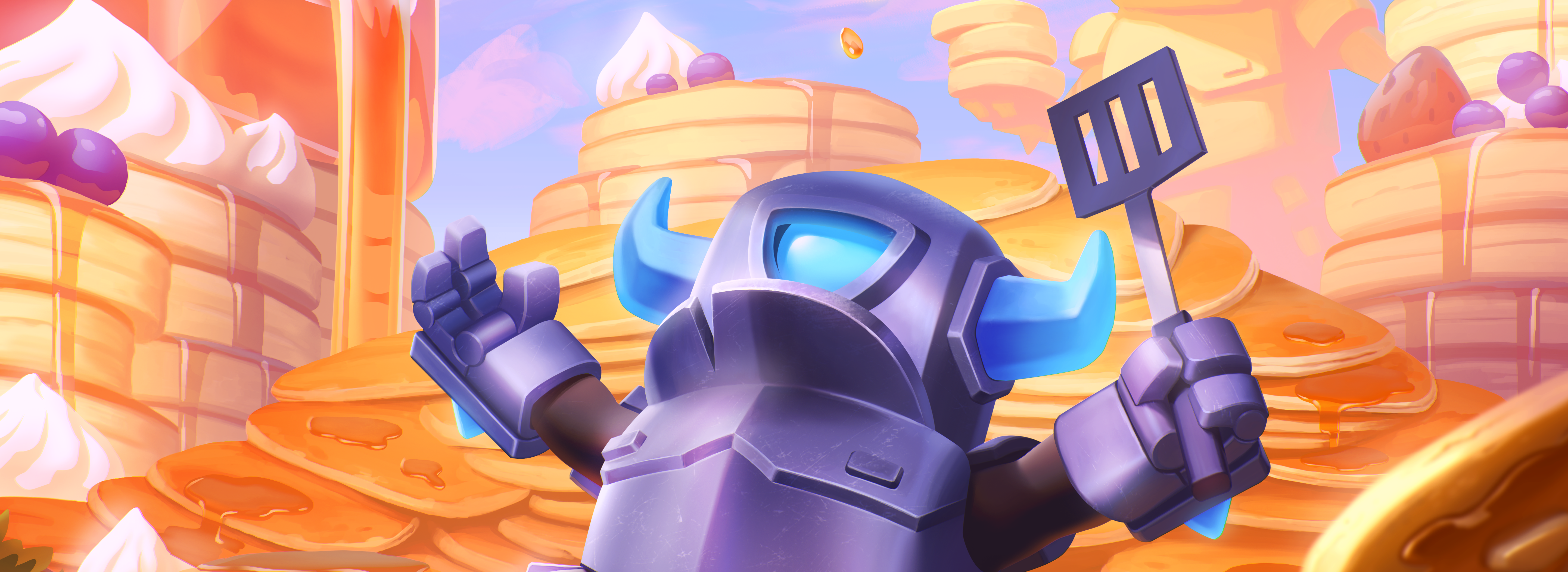
Comfortable Feeling Uncomfortable
It's Monday, August 28th, 2023, the first day of Supercell’s annual company offsite, and I'm about to give maybe the harshest presentation to everyone at Supercell that I've ever given. Public speaking has never been my favorite activity (to say the least), but this time I am even more nervous than usual.
by Ilkka Paananen
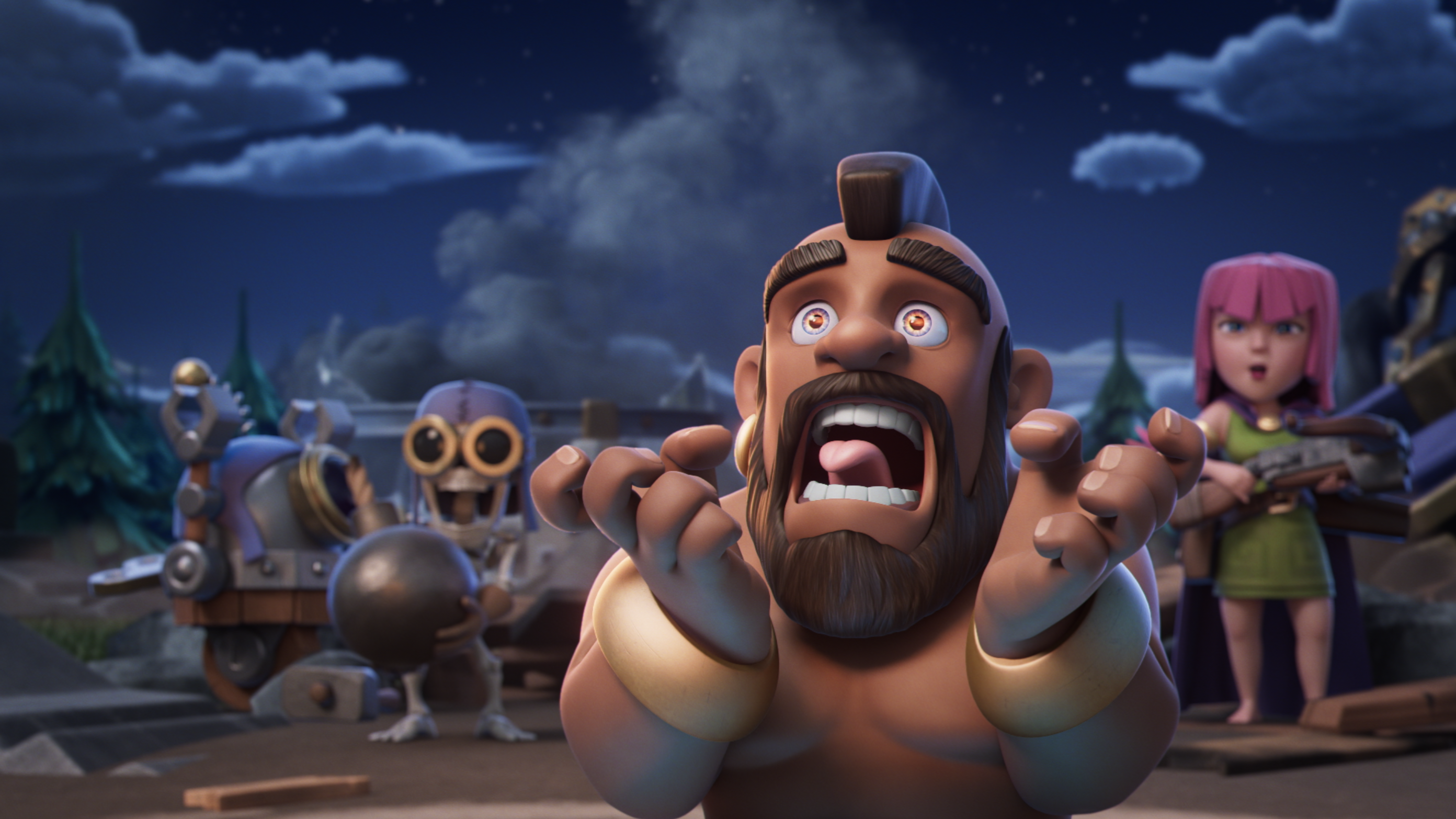
How would people react? Would they feel anger, sadness, fear…or, would they get fired up and inspired? And what would they think of the very big changes I was about to announce? Would they think that our culture, that we all are so proud of, was about to change for the worse? But I guess more than anything, I really felt for our people. I was about to challenge them, and ask a lot from them.
The presentation first highlighted the cold facts of Supercell’s performance in the last several years. We had not been able to grow our live games and had fallen behind the best companies who had done so. Furthermore, we had not released a new game since Brawl Stars in 2018. The result, I showed in detail, was Supercell falling from the #1-ranked global publisher of mobile games in 2016 to outside the Top 10 in 2023. It was painful, but honest and necessary, so that we all shared the same context. Next, I walked everyone through multiple significant changes which we believed would help Supercell improve and to close the widening gap between us and the very top-performing companies in our industry.
I would like to share those changes with you in this post, but let’s first rewind to how we came to these decisions. Something absolutely had to change, but what? How? What were the risks?
“Don’t Do It”
In last year’s blog post, I outlined Supercell’s two-pronged challenge of growing live games and simultaneously creating new ones. We were struggling with both. I was delighted to get a ton of feedback from inside and outside Supercell. I spoke to dozens of people, including founders, investors, artists, incubators, accelerators, and members of academia, to get their input.
I was surprised that the vast majority of people spent most of their time warning me about what could go wrong if we started changing things at Supercell. In one way or another, most told me: “don’t do it.” Some implied it, others were quite direct, but the message was clear. I was also surprised that this message was more true of feedback from people outside of Supercell vs. from my colleagues inside. I would have expected the opposite.
To give you an idea, among other things, I received input such as:
“You guys are the only mobile studio that has created five billion dollar games, don’t change what is working”
“More than 200 million monthly players, half a billion in annual profits and you’re not happy??”
“Look at [great game company], they did what you’re planning to do and that was the beginning of the end. All the best people simply left.”
“Focus on live games, and take an M&A approach to acquire new games to your portfolio.”
“You will destroy what makes you unique, which is your culture.”
Nothing is closer to my heart than the people and culture we have at Supercell, so the idea that I would drive something that would destroy it…well, there are no words to describe how that would feel. Stressful doesn’t quite cover it.
At the same time, however, it was impossible to ignore the facts. The best-in-class companies grew their live games, we had not (GGWP: Dream Games, Riot Games, King, Playrix, and others). Several great new games came out and performed extremely well since we launched Brawl Stars, we had not launched any (h/t: Royal Match, Genshin Impact, Monopoly Go, CoD Mobile, and others).
With these stark facts and stressful (but invaluable) input from dozens of smart, experienced people, how could we think about what to do? I reminded myself of some key mental frameworks to help us focus:
Do we focus on the past or the future? Unless we believe Supercell’s best days are ahead of us, we shouldn’t be here anymore. We have to focus on the future.
Do we focus on things we can control or those that we cannot? This seems obvious, but it is so easy to imagine some outside force that would destroy our culture. We all own it, so it is up to us to ensure the best parts of it do not change. We have to focus on what we can control.
Do we focus on the many ways something might fail or on the few ways it might succeed? My colleagues often tell me that I’m an optimist (they’re usually much more extreme in their descriptions of me!). In my career, I have been very lucky to witness enormous successes. In each of those situations, there have been countless things that could have gone wrong and reasons why teams should have failed. However, in each instance, there was a group of people who believed in why something would work and they committed themselves to make sure it did. We have to focus on how & why we could succeed.
This mental approach gave me the necessary confidence that we were about to do the right (and responsible) thing. We owed it to our players, our community, and to everyone at Supercell, past & present. We had to improve and should not let fear of failure drive our decisions.
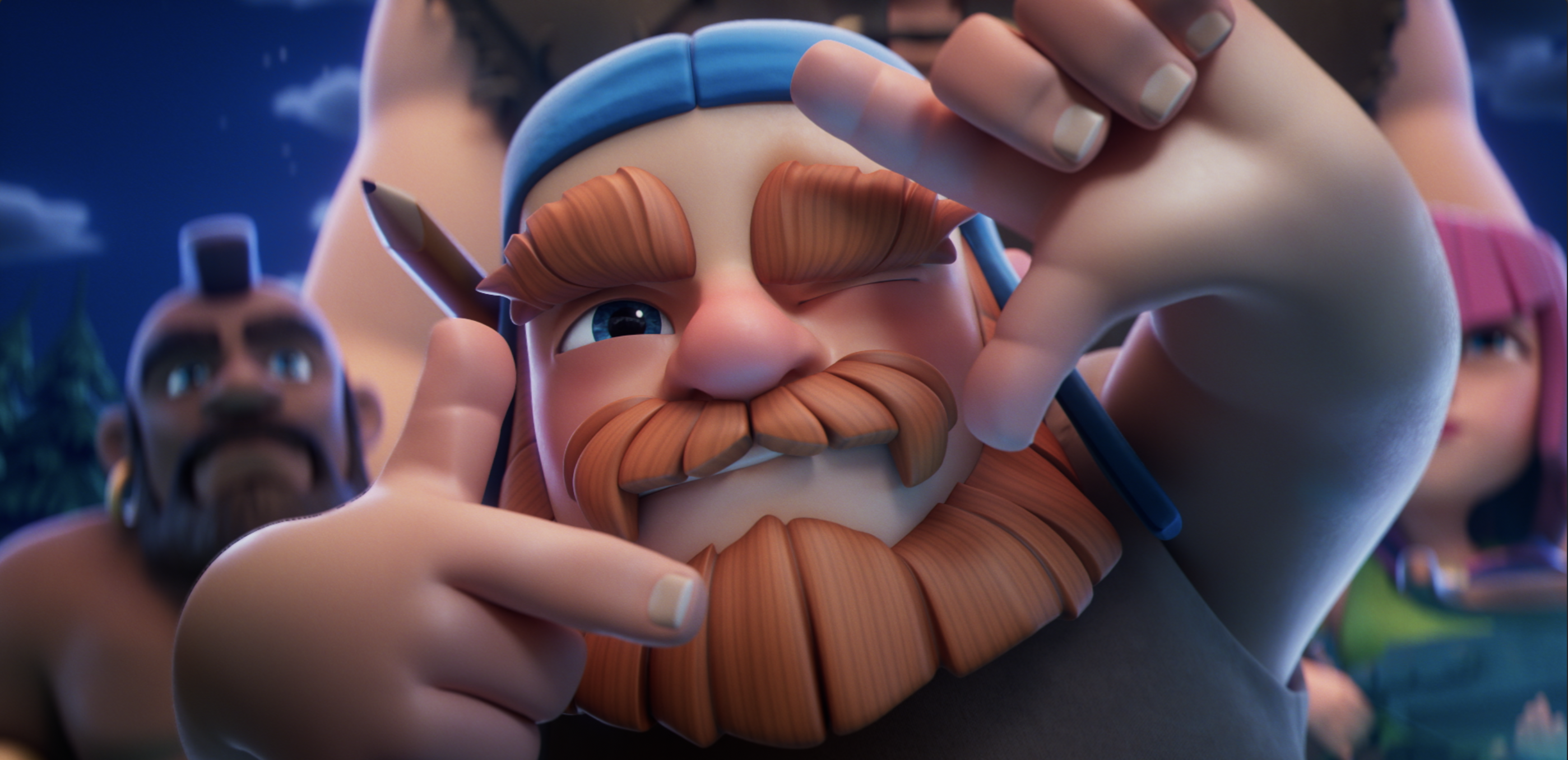
Two Birds, Two Stones
The leading idea behind the planned changes was what I wrote about in my previous blog post: creating a new game from scratch and running/growing a live game as a service are quite different problems. We needed different solutions for each. We would make changes to how we approach new games and live games, and we would change our leadership team as well.
New Games as Startups
At some point, I realized that the mental model we could apply to new games was something very close to home. As a serial founder/entrepreneur and as an active investor (within Supercell and on my own), I’ve seen great new innovation from startups. So I started to ask myself: what if we started to think of new game teams as their own startups, within Supercell? What helpful ideas could we apply? Turns out quite a few!
Team of Entrepreneurs:
We believe that new game teams have the best chance of success, in part, if they are started by a team of crazy ambitious, resourceful individuals who execute fast, are not afraid to take risks, and make aggressive (sometimes painful/scary) changes quickly. Honestly, we have not been rigorous enough about deciding about starting new game teams at Supercell.
Too often we have ended up with teams which have not had all the required skillsets or the team dynamics have not been what they should be when you start a crazy journey like this. Our bar should be as high as it would be for starting a new company. Going forward, we will be much more rigorous and are implementing a dedicated system/process to evaluate potential new game teams on this front.
The best part of this to me personally is that Supercell’s principle of greenlighting teams, not ideas will remain truer than ever before. NOTE: We will share exciting news in the near future about how people outside of Supercell can participate in this process and have an opportunity to become founders of one of Supercell’s next new game teams! Stay tuned.Constraints:
These teams of entrepreneurs operate under a well-defined set of constraints, i.e., money raised or “runway,” which act as a forcing mechanism to get @!#$ done as quickly/efficiently as possible. Bottom line: you better have something great before you run out of money. This one is/was really hard for us! I started this thread feeling strongly that we absolutely need hard constraints (e.g., each new game team gets an agreed-upon budget. If they run out of money, before proving the game with players, the game is dead). Not so simple!
So many problems/scenarios to overcome: if a team wants to build a “big game,” then they arguably need a large budget, negating the feeling of a real constraint early on. OK, but what if we slice a larger budget into smaller parts/milestones (very common)? This leads to a greenlight process, which I’m honestly VERY allergic to. Many great companies work this way, but learning from my past mistakes (I created a greenlight process at my previous company) I would not like to see a process like this at Supercell. I’ve just seen too many times that game teams end up trying to please the greenlight committee vs. focusing on pleasing players and doing something that is risky and new.
Even more importantly, we found in internal discussions, this would lead to our developers feeling like they were no longer independent teams. This would undo the more central tenet of Supercell’s culture. We would have to find another way, and I believe we have our starting point, which relies on trusting that we really have the best possible team of entrepreneurs (see the point above). Also, we will ask our new game teams to commit to key timelines, milestones, and resourcing plans to reach them, and then openly share them with everyone in the company. In other words, we will replace the usual fixed budgets or greenlight processes with the pressure of transparency.
While I do not believe for a second that structures or processes would create great games (it’s the people and teams that do!), our “process” going forward will be 1) a systematic approach to forming the best teams, 2) trusting the teams, and 3) forcing the teams to operate in an environment of full transparency. Sounds simple, right? Will that be sufficient? Impossible to know yet, but we’re all committed to trying.
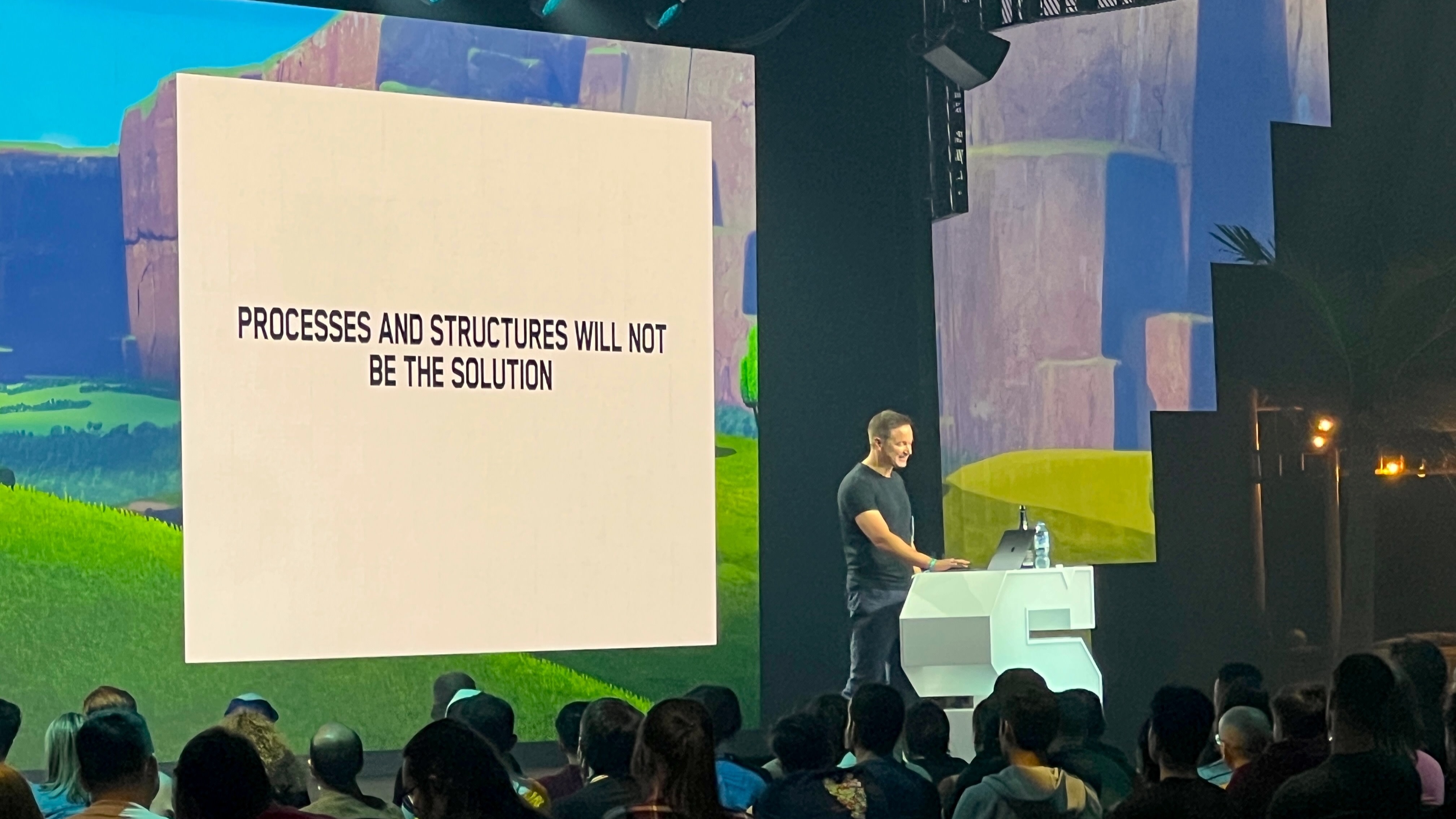
External Validation:
In the startup world, the common wisdom is that you want to get your product in front of real customers as soon as possible to validate the “product market fit”. In a similar fashion, new game teams must put their game in front of players as fast as possible. We have not been best-in-class at this, and our new game teams would benefit from testing their games with players earlier.
If player feedback meets/exceeds expectations, great - invest more aggressively. If not, that’s ok - now the team knows it has to pivot. Either way, it’s a good outcome! Problems arise if/when new game teams wait too long to get player feedback and it feels too hard or too late to change course. That’s the worst outcome for everyone.
Note: I don’t believe you create hit games by asking players what they want, but I do believe you have to show them early and face the reality of their feedback. We will implement this thinking for new game teams at Supercell, encouraging and challenging new game teams to test games with players earlier and asking them to share this plan openly with everyone at the company as per the transparency principle outlined above.Distraction-Free Environment:
Early-stage startups face one set of distractions in the form of everything it takes to start & run a company. New teams within large companies face a different set of distractions, in the form of all the natural processes and “noise” that come from being a part of an organization of hundreds if not thousands of people (Supercell is now 550+ people). We want new game teams at Supercell to avoid both!
Being a part of Supercell means new game teams don’t need to worry about legal, HR, payroll, taxes, real estate, IT, etc. - everything that it takes to start and run a company. However, we also want new game teams to be able to focus and avoid the distractions of a large organization. That means being able to minimize company-level activities such as recruiting, internal events, selecting internal comms and slack channels, etc. We are either removing elements or making them optional for new game teams.
As an extreme example, one new game team decided to move out of our main office into their own little space nearby. We had similar discussions regarding technology. While all 5 of Supercell’s global games were built using our internal proprietary engine/tools, new game teams can choose to use whatever they want in early stages of prototyping and proof of concept. We have new game teams using Unity, Unreal, or other tools to help them move as fast as possible to see if they have created something players love. Again, getting external validation as fast as possible is key.
Our goal here is to make Supercell the best place for the best teams to create the best new games. We want this place to be better than your own startup, which sets a very high bar. But we are doing everything in our control to make that a reality and have a lot going on for us. At Supercell, you don’t need to worry about building a company and everything that comes along with it, all you need to worry about is building a great game. I know this is a never-ending effort and we will continue to change and improve in the coming months and years.
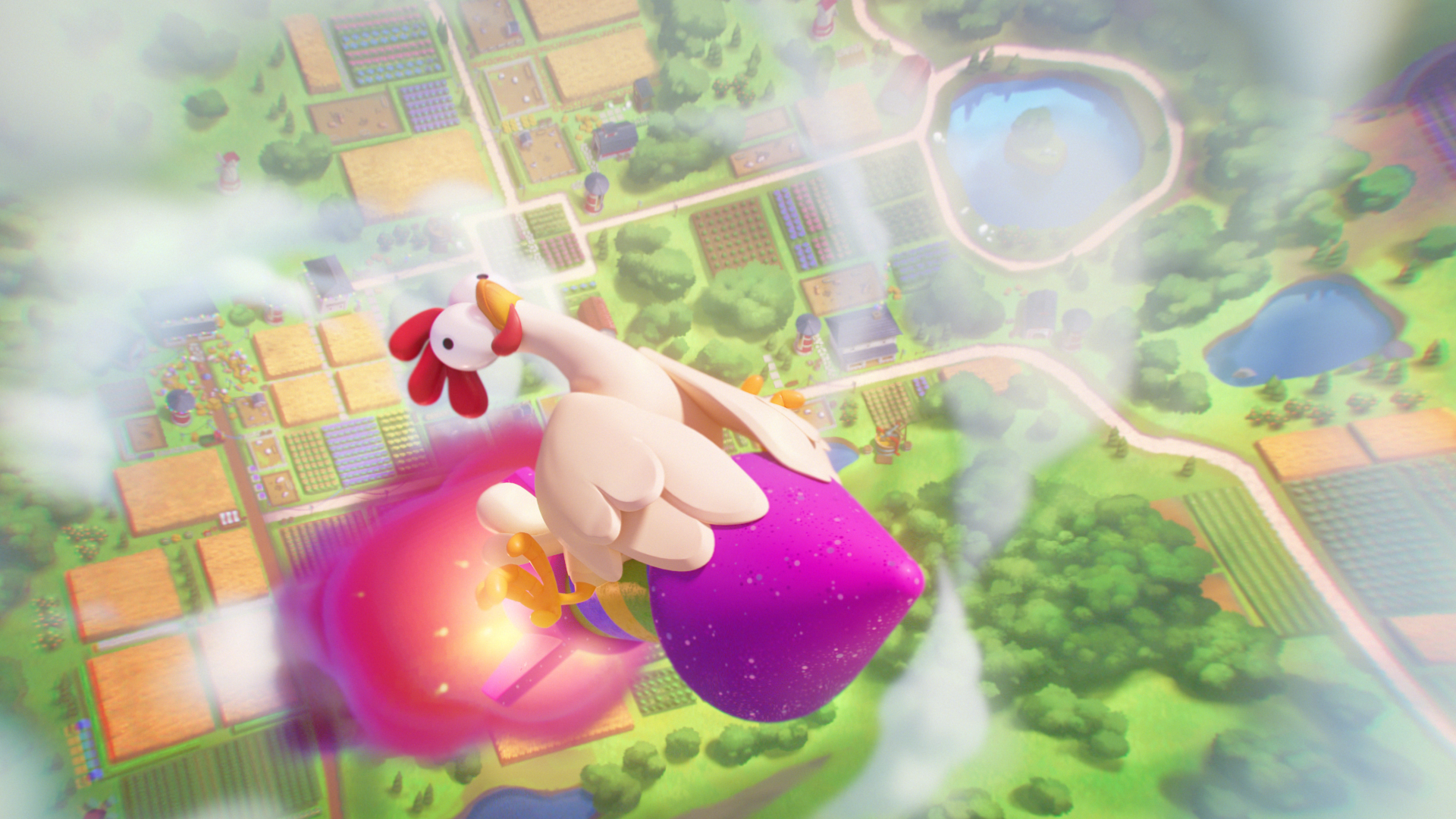
Live Games as Scaleups
Once startups have found the so-called “product market fit” (which in my mind means that they’ve been able to develop something that their customers love), they move on to the next phase which is all about making sure as many customers as possible get to use their product/service, while simultaneously making the product/service better. If startups get to this phase, they become “scaleups”. This scaling phase is very different and requires a different type of thinking. I believe the same applies to games and we would benefit from taking in some lessons from the scaleups.
At Supercell, we have found “product market fit” with five different games. These days, 200M+ players play our games every month. Clash of Clans has generated over $10B in revenue in the last decade. With Clash Royale, the World of Clash has generated more than $14B in revenue. Brawl Stars, Hay Day, and Boom Beach are each way more than billion dollar revenue earners. These are enormous businesses…yet we haven’t been treating them like they are! I’ve written about this in the past, but at Supercell, we had completely overlooked this aspect of our company. For years, we did not realise the full potential of our great games because we frankly liked our small teams so much. If someone from the outside came to visit the Clash of Clans team some years back, it looked like a prototype team to them!
We are lucky to be in our situation where Supercell teams have created 5 amazing games. The question facing us now (which we have always faced) is how do we make each game even better by adding new content and features, and bringing it to hundreds of millions (or actually billions) of people?
The following sounds so obvious looking back that I feel like an idiot writing this (and many have probably called me an idiot on this topic!), but we can do what we do only because of our players and we should do everything in our control to make our games better for them, even if it means our teams should be bigger. Players couldn't care less how big or small our teams are, all they care about is to be able to play a great game. And if it requires a bigger team, then it is our problem to figure out how to make that bigger team work for us.
For many of us, bigger teams were scary in the beginning because they require a bit more structure and process, even “middle management” which has been a curse word at Supercell for years. But now that we have operated with these new, bigger teams for some time, we’ve realised that not all of that is bad. In fact, it can be great. First of all, with bigger teams we can do more for our players which is a great feeling in the first place. Second, if you get the structure right, it actually helps people to focus and be able to do better work.
Supercell has always been about these independent teams that we call cells. Basically, what we did here was to redefine what a live game cell is, and this time we embedded all the critical skillsets (also outside game development) into it. We started to think of them as their own “companies”, with their own leadership teams and such. These “game units” have started to grow in size. We are still nowhere near the size of some other game teams in our business which can be 500+ people in size, so we are still talking less than 100 people (so far).
We are also experimenting with different ways to organise ourselves within these bigger teams. One of the ideas that we are currently trying is what we call “sub-cells”, which is just a new version of our cell model. It is exactly what it sounds like: the large independent game cell with one common mission is split into several sub-cells, all of which contribute to the overall mission of the larger cell.
It is a journey, and we are taking the first steps, but can already see the benefits for our players. We’ve never been able to do as much for them as we wanted, and from here, it will only get better.
Note: Because we are growing our game teams, we have been on a faster hiring pace than ever before. We are also starting to hire in several locations in Europe outside of Helsinki, which is new for us. I appreciate that 2023 and 2024 have been difficult years for video game companies, with a lot of layoffs and even closures. Our open jobs are a drop in the bucket compared to the number of jobs lost, but hopefully, with some other studios, also hiring, we can create some positive momentum in our industry.
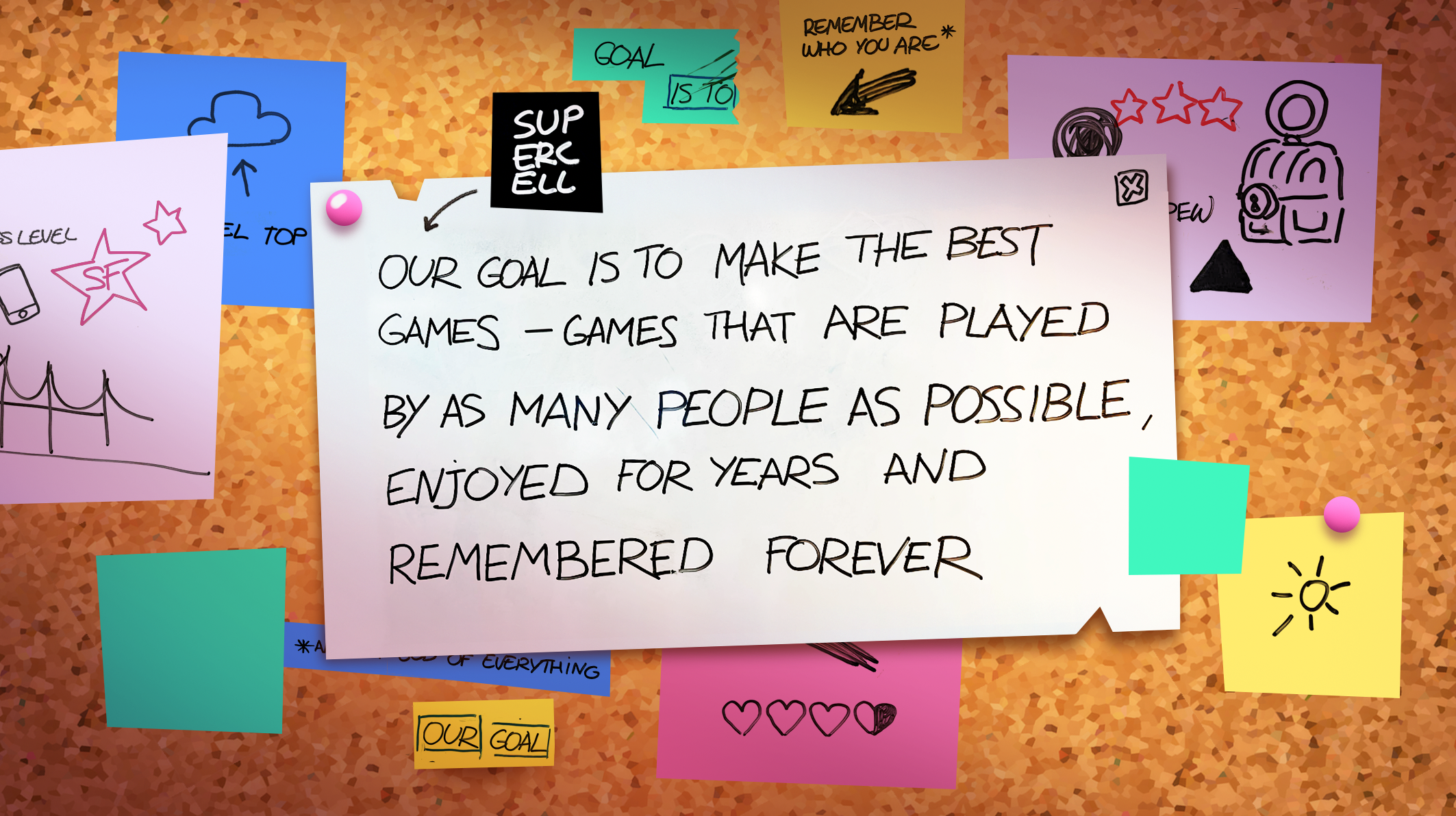
One Culture
Given all the changes, an important question emerged: does this create two very different cultures between New and Live game teams, and will that tear the company apart? My answer is only if we let it happen, and we should not let it happen.
At its core, Supercell’s culture has always been about the idea of independent cells, each cell being responsible for their decisions. That means we have always had different ways of working between the cells. We see this diversity as a feature, not a bug. If everyone at Supercell applies this understanding, then these changes actually serve to double down on the original idea of why we founded Supercell.
That said, we should not kid ourselves. This IS a big change to everyday work. There are more people in the company, you cannot possibly know everyone anymore, there is more structure in the bigger live game units, etc. And there will definitely be big differences in how live game units work compared to new game teams.
Simultaneously, we are VERY aware of the risks of a rapidly growing headcount, and are having constant and active discussions around proactively managing it — we want to be careful to only fill the needs we have, but avoid growing uncontrollably and losing ourselves in the process. True, we have had some gaps that haven’t been filled for long. However, we also need to be extremely mindful that it takes time to really onboard and integrate people to Supercell, and our ways of working, while also learning from the new joiners.
But despite all of that, we are still one Supercell, with one culture. As we grow, there might be more ways of working, but ultimately we’re rooted in the same values and ambitions: creating the best games that would entertain as many people as possible and which would last for decades and more.
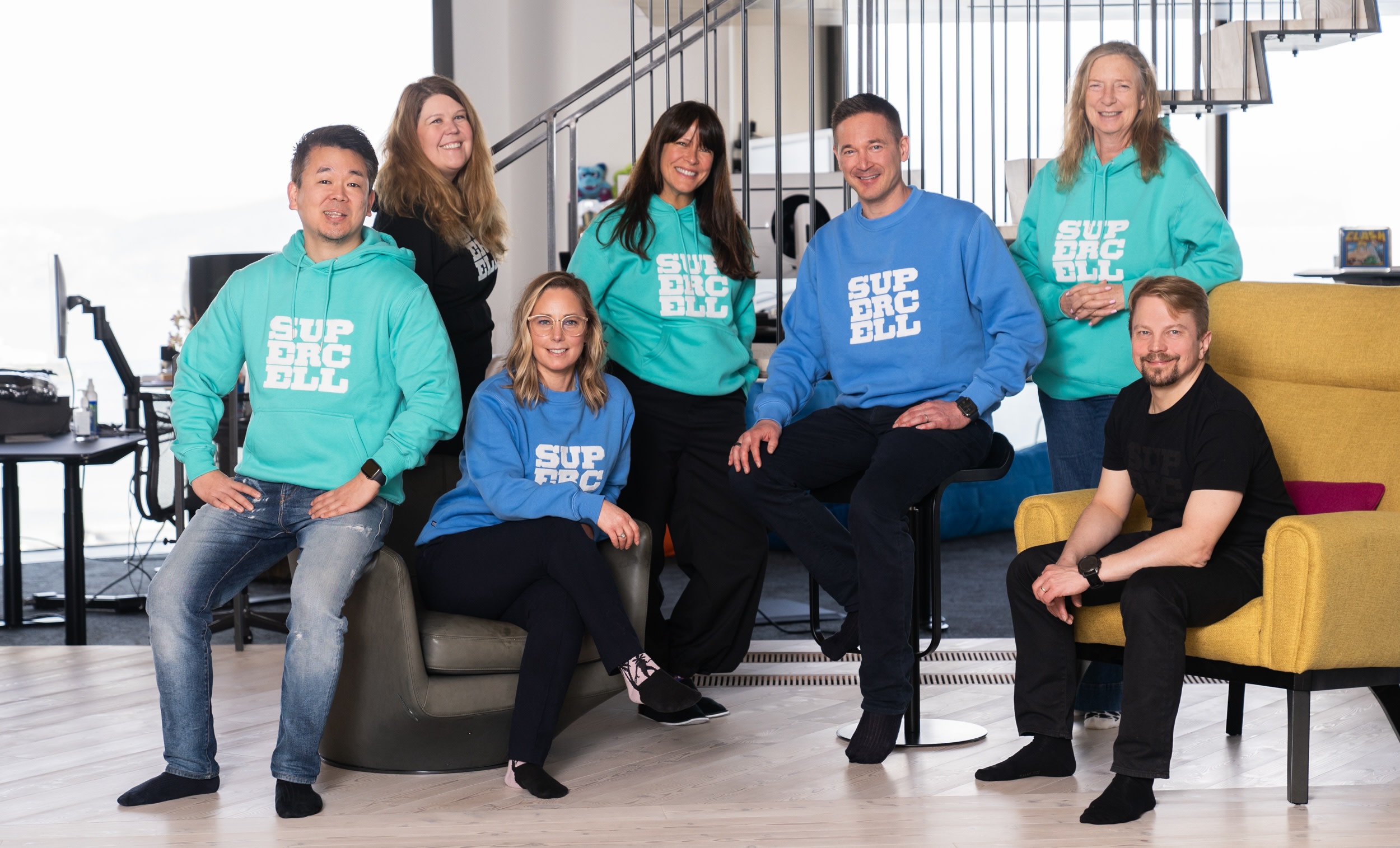
New Leadership Team - A Force Multiplier
As I was thinking about all of this, and having all these discussions, I also recognized that if I really wanted Supercell to change, we needed everyone to take ownership and accountability. That responsibility and setting that example starts with me. Any mistakes and flaws in our thinking were ultimately my mistakes, not anyone else’s. And if Supercell wanted to become better, it would need to start with me and my team, which is the leadership team.
Returning to my presentation at the offsite last August. I spoke very openly about my feelings and mistakes to everyone at the company. I told them how I had failed as the lead of my team, and also putting together the best possible team in place. At Supercell, when we fail (or succeed), we celebrate the learnings that come out of that with champagne. I am not sure if it was the champagne, but speaking openly about these mistakes actually helped me feel much better. Also, it was incredible to get the support from Supercellians at that moment. It meant the world to me.
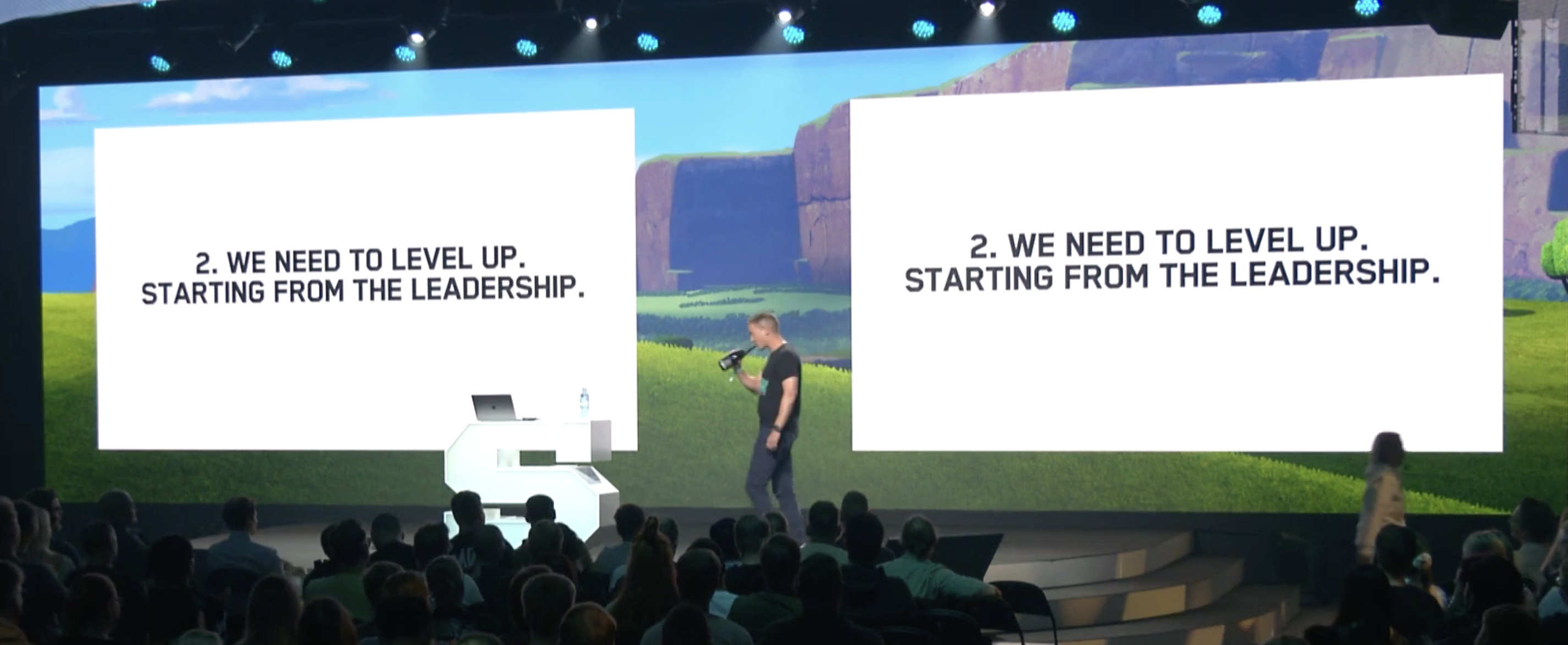
Anyway, for this next chapter of Supercell, I wanted to surround myself with people who have seen what we are experiencing right now and have helped companies successfully navigate these challenges before. That’s why I started to rebuild the leadership team, and after a loooong search was able to convince Sara (our new Head of Live Games) and Fernanda (our new CMO) to join us. It was not easy to find these two because I needed leaders who not only had been successful at running things at scale, but also people who understood Supercell’s culture and what was great about it. I feel very, very lucky that they have joined us!
While I am extremely happy and proud about the new leadership team that we now have here, I want to make something very clear. Supercell has never been, and is not, about the leadership. Not old or new. I have always disliked the tendency of the corporate world to turn CEOs and founders into these hero figures who come in and save the world. I want Supercell to be different. My proudest moments at Supercell have always been the ones where something amazing has happened, and I have had nothing to do with it and in fact have been the last one to hear about it. There have been many, many moments like that in the history of our company and that is what defines the Supercell culture and the magic around it to me.
So Supercell is all about our great people, teams and culture. Not about any single individual or individuals. We succeed or fail depending on how great our teams are and whether we have been able to create a culture where these teams can do their best work. And this is where the leadership team can help: I see it as a force multiplier which, if successful, can make Supercell the place where the best people can do the best work of their careers.
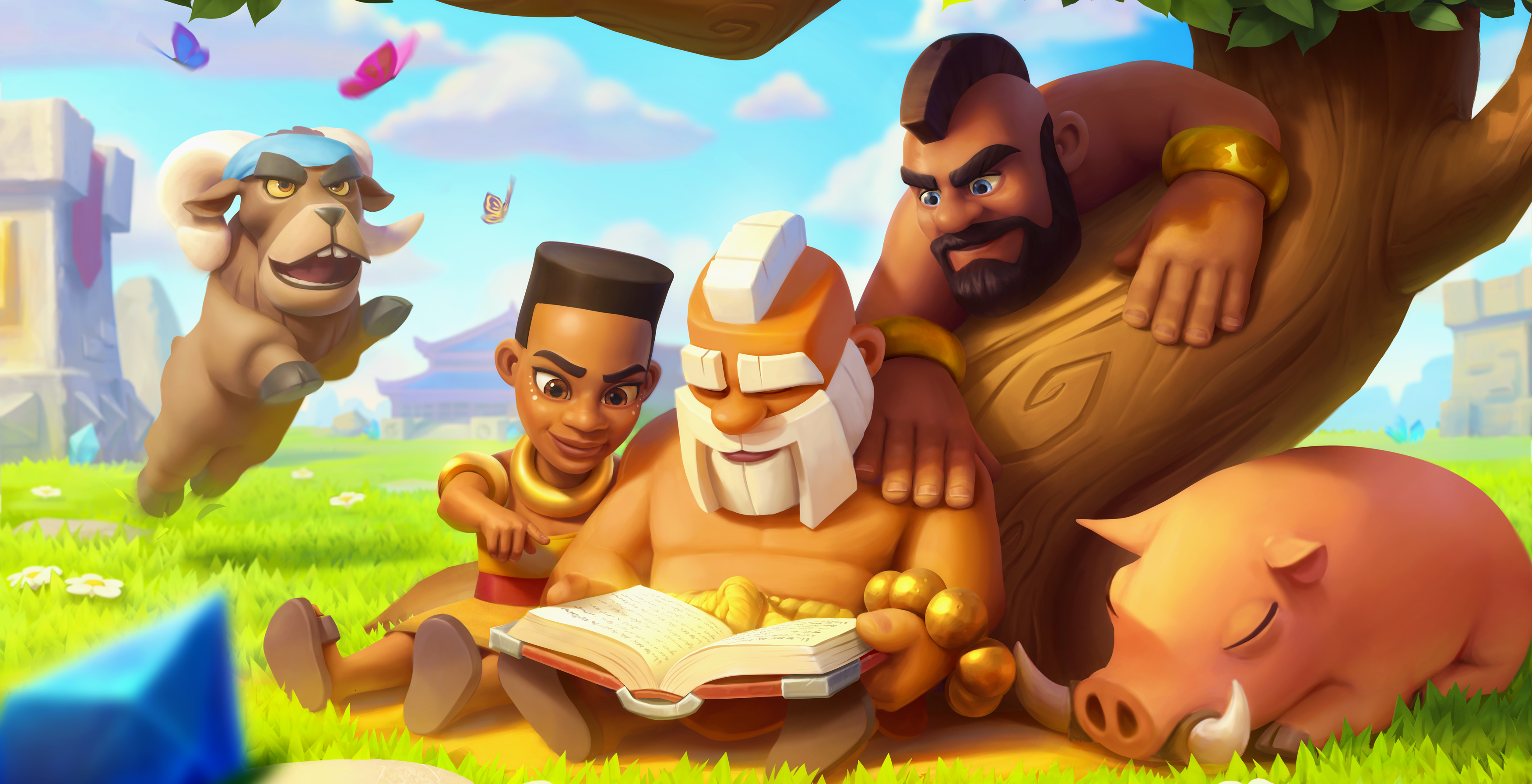
Journey
So, we’ve now been on this journey for a while. It is a cliche but a journey it really is, and this is just the beginning of it. Some of the changes we have made will prove to be the right ones, others will prove to be wrong ones. But that’s ok, as long as we learn from them quickly and then change them for the better.
I told Supercellians that from now on, we should all start to think change as something that is a constant. Yes, sometimes change can feel uncomfortable. But we need to get comfortable feeling uncomfortable. We should think of change as a positive thing, something we need to do all the time to become better. As long as we change for the better every day, and can do that over a decade or two, with some luck, eventually we will land to a great place.
Financial Results
And of course, we’ve got our annual financials, which Finnish law requires us to publish, and which we have shared here for quite some time now with some commentary.
Before I get to the actual results from last year, I want to explain how we think about financial results in general. We see them as something that enables us to do more of what we’re passionate about. We have been lucky to be very profitable for years now, which is important because it enables us to take a very long term view on everything, including keeping the quality bar for our games very high and enabling us to try new risky things.
However, we don’t see financial results as the end goal but just means to the end, which is to create better games for our players. The financial results are an important signal, however, as to whether we are doing a good job for our players. If we're not creating content and experiences that players feel are worth paying for, then bluntly put we're not creating good enough content and experiences.
It is important to emphasize that we did not expect that none of the changes I described above would have any impact on these results. We are still very much in building mode. If we are successful in this, the results will follow, but it will take some time.
All of that said, here are the financial results:
Revenue of €1.7bn (down 4.2% compared to 2022)
EBITDA of €580m (down 8.2% compared to 2022)
Corporate taxes of €110m paid in Finland
There are two quite different stories behind these figures. The obvious one is that our games declined during the first half of 2023 as the mobile games market overall has continued to decline. The other one is that for our live games, every quarter last year was better than the one before it, and right now we are on a strong growth trajectory. The most shining example of this is Brawl Stars, which more than tripled its player base since last summer and, as I'm writing this, it in fact was the biggest Supercell game as measured by number of players! The reason is, quite simply, that we have been able to do more for our players in terms of creating new content and features to our games. As I said above, we take a very long term view on the changes I described above, and we are very much in building mode, but that said I have been positively surprised that it is already starting to show in the results.

Looking Ahead
At the time of writing this, it is already February 2024, and I thought I would close with a few thoughts about this coming year. To summarize my feelings, I cannot recall when was the last time we had started a new year from such a great position as we have this year.
First of all, we have bigger and better teams than we have ever had. As a result, we can do more for our players than ever before. It is important to note that most of these bigger teams have been in place only for 1-2 update cycles. So I’d like to think this is just the beginning, and I am extremely excited to see what these teams will do for our games and players as they become better and better at working together in this new setup.
Second, I am incredibly excited about our new games for this year. Some of you have probably played Clash Mini, Squad Busters and mo.co, which are all still in development but of which we are very proud of. And there is more coming! But more about them a bit later, hopefully in the not too distant future! :)
Finally, I wanted to thank all of the players, the tens of thousands of content creators who are the backbone of our community, and of course all the Supercellians. I feel very lucky to be surrounded by people like you and have an opportunity to be part of something as unique as what we have here.
Thank you.
